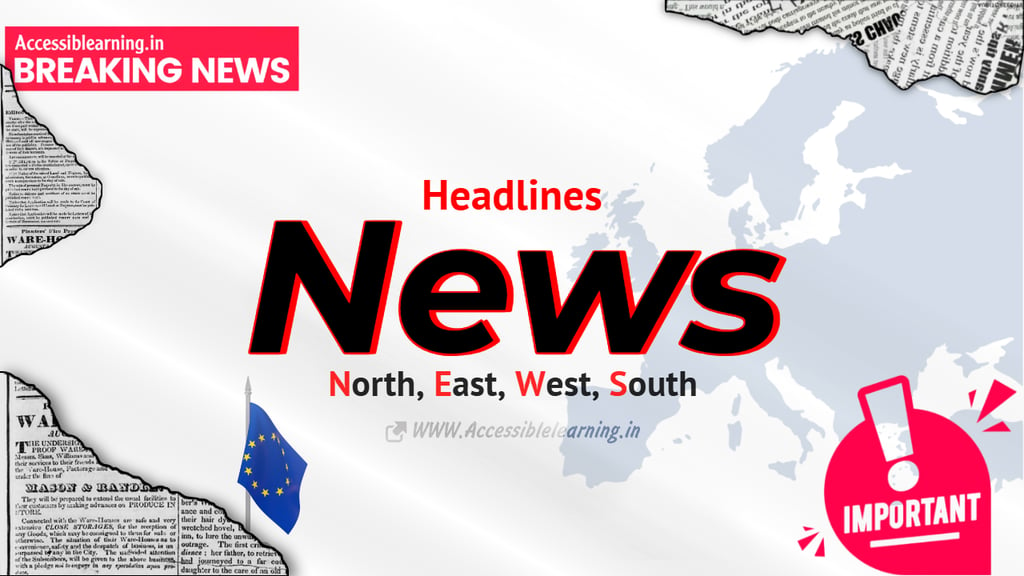
EU Weekly News: Key Updates on Security, Trade, and Climate Challenges
Stay updated with last week’s key EU news: Ukraine security pledges, Google’s record fine, Meta’s lobbying fight, France’s climate stance, China’s tariffs on EU pork, EU–India trade talks, the GPS jamming incident, and more—covering politics, trade, climate, and security.
NEWS/CURRENT AFFAIRSHARSH REALITYEUROPEAN UNIONAWARE/VIGILANTNEPOTISM/SOCIAL ISSUES
Kim Shin
9/8/20254 min read


Last week was eventful for the European Union, with developments spanning security, technology, climate, and global diplomacy. From rising defense measures and digital battles with tech giants to fresh trade strains with China and ongoing support for Ukraine, the EU stood at the heart of global decision-making. These updates not only reflect Europe’s internal challenges but also its growing influence on the international stage. Each story reveals how the EU is navigating turbulent times while shaping its future with resilience and strategic vision.
EU Bolsters Ukraine Security with “Coalition of the Willing”
A renewed wave of commitment swept through Europe as leaders gathered under the banner of the "Coalition of the Willing." Courting a vision of peace, over 26 nations pledged to station troops on Ukrainian soil—not to engage militarily, but to uphold a cease-fire once reached. While the U.S. refrained from sending ground forces, it opened the door for air support—highlighting transatlantic coordination in the face of Russian aggression. These discussions also feed into the EU’s preparation for its 19th sanctions package, pushing the pressure on Moscow with the hope of turning the tide of war.
Meta’s Tug-of-War: Lobbying Against EU Tech Reforms
Meta (formerly Facebook) ramped up its lobbying in Washington, urging the U.S. administration to challenge the Digital Markets Act and Digital Services Act. CEO Mark Zuckerberg reportedly pressed President Trump to apply pressure on Brussels—sparking backlash amid EU fears of tech giants wielding political influence. Brussels, meanwhile, is diligently reevaluating Meta’s controversial “pay or consent” model, and fresh fines may be on the horizon if compliance isn’t met.
China Hits Back: Anti-Dumping Duties on EU Pork
An economic chill rippled through the EU as China announced provisional anti-dumping duties—ranging from 15.6% to 62.4%—on pork imports from Spain, the Netherlands, Denmark, and others. With tariffs effective from September 10, the move underscores more than just trade friction: it’s a stark reminder of the growing strain in EU–China relations, especially in the wake of past EU tariffs on Chinese electric vehicles.
Climate Standstill: France Holds Up 2040 Emission Target
In a critical climate crossroads, France asked to delay binding EU negotiations on the 2040 emissions target—initially proposed as a 90% cut from 1990 levels. Preferring to focus on 2035 goals first, French hesitation threatens to derail progress and may require unanimity among EU leaders to settle the matter—an added layer of complexity with the mid-September UN deadline looming.
EU Court Upholds Transatlantic Data Transfer Deal
A major legal milestone: Europe’s General Court ruled in favor of the EU–U.S. data transfer framework, offering much-needed certainty to thousands of firms that cross the Atlantic for data storage and processing. This ruling quells concerns over privacy, affirming that U.S. protections meet European standards.
Putin Reframes: EU Membership OK, NATO Off-Limits
In a diplomatic twist, Russian President Vladimir Putin told Slovakia’s PM that his country has no objections to Ukraine joining the EU—but drew a firm line against any NATO integration. The remarks came amid mounting geopolitical tension and echoed through EU capitals, where splits over Ukraine’s path ahead and Russia’s intentions remain deeply felt.
EU–India FTA Talks Gain Momentum
Progress is stirring in Brussels–New Delhi relations: EU Trade Commissioner Maroš Šefčovič is set to visit India following promising advancements in long-stalled FTA negotiations. Topics include lowering tariffs on vehicles and dairy, while India seeks expanded access for textiles and steel. With trade already nearing $138 billion annually, both sides are eager to seal the deal by year-end and lay the groundwork for a stronger international partnership.


GPS Disruption Hits von der Leyen’s Aircraft—Russian Interference Suspected
European Commission President Ursula von der Leyen’s plane experienced GPS jamming while approaching Plovdiv, Bulgaria, during her visit to EU eastern border nations. Thanks to backup navigation, the aircraft landed safely. Bulgarian officials suspect Russian interference, though Moscow has not commented. The incident underscores the urgency of reinforcing EU electronic defense systems and regional security amid prolonged geopolitical tension.
EU Temporarily Halts Subsidy Probe into Covestro Acquisition
Brussels has paused its investigation into ADNOC’s €14.7 billion takeover of German chemical giant Covestro, giving regulators more time to review potential UAE-origin subsidies. This move follows recent constructive talks between ADNOC and EU authorities. The EU’s final decision is due by December 2.
Google Fined €2.95 Billion—Trump Retaliates with Trade Threats
The European Commission imposed a staggering €2.95 billion fine on Google for favoring its own advertising services, demanding changes within 60 days or potential divestiture. Former U.S. President Trump condemned the ruling and warned of retaliatory tariffs on European products—escalating transatlantic trade tensions.
EU Headquarters Opens World-Leading Supercomputer “JUPITER”
In a landmark technological leap, the EU launched its first exascale supercomputer, JUPITER—capable of over 10¹⁸ calculations per second. This achievement marks Europe’s entry into the global elite of high-performance computing and strengthens scientific and AI research capabilities.
EU Rolls Indoors or Cross-Border Carbon Levy in New Climate Reform
A sweeping EU climate reform edged forward, with 24 of 27 member states approving tighter CO₂ pricing. Free emissions permits for heavy industries will be phased out by 2034, airlines by 2026, and shipping is integrated into the scheme. A new carbon border levy on high-emission imports—including steel and cement—from 2026 aims to level the playing field for European producers.
EU Waives CPI Rules for Defense—Leaders Urge Stronger Military Spending
At a summit, EU leaders endorsed loosening budget restrictions so nations can boost defense spending. They also backed a €150 billion loan package to facilitate joint equipment procurement, cementing a renewed commitment to European strategic autonomy in the face of mounting geopolitical pressures.
EUISS Conference Focuses on Hybrid Threats and Strategic Gaps
On September 3, the EU’s Institute for Security Studies hosted its annual “Power and Purpose” conference, calling attention to the need for greater resilience against digital, cyber, and hybrid threats. Speakers, including HRVP Kaja Kallas and Henna Virkkunen, explored how the EU can more effectively close the performance expectations gap and reimagine its global role.
The past week highlighted how interconnected the EU’s challenges and opportunities are—whether in protecting Ukraine, regulating powerful tech companies, or ensuring climate leadership. Europe is balancing diplomacy with defense, trade with sustainability, and innovation with regulation. These events prove that the EU remains a decisive global player, steering through uncertainty with determination. As the months ahead unfold, the choices made today will set the tone for Europe’s resilience and leadership in a rapidly shifting world.
Subscribe To Our Newsletter
All © Copyright reserved by Accessible-Learning Hub
| Terms & Conditions
Knowledge is power. Learn with Us. 📚


